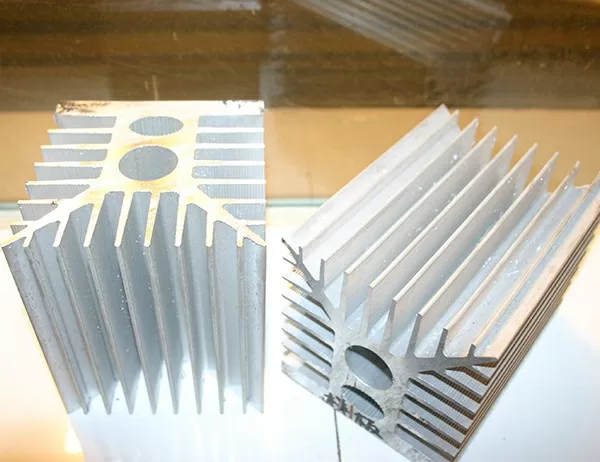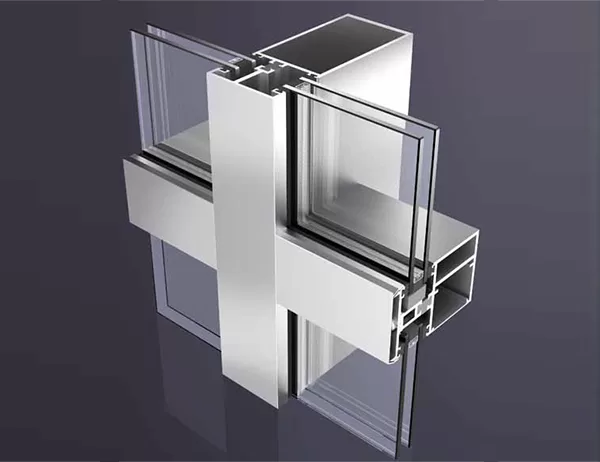In the ever-evolving landscape of engineering, the choice of materials is paramount. When it comes to structural applications, extruded aluminum tubes stand tall as a formidable contender, offering a unique blend of properties that rival or even surpass those of traditional materials. This comprehensive review delves into the multifaceted comparison between extruded aluminum tubes and its counterparts, shedding light on their distinct advantages and limitations.
Lightweight Strength
Aluminum, known for its unparalleled strength-to-weight ratio, translates these properties into exceptional structural capabilities for extruded tubes. Their low density ensures minimal weight, making them ideal for applications where weight reduction is crucial, such as aerospace and automotive components.
Corrosion Resistance
Aluminum’s inherent corrosion resistance makes it highly resistant to environmental factors like moisture and oxidation. This durability translates into extended service life, reducing the need for frequent maintenance and costly replacements.
Extrusion Versatility
Extrusion affords aluminum tubes with unmatched customization options. It enables the production of tubes with intricate profiles, varying wall thicknesses, and custom lengths, allowing engineers to optimize their designs and meet specific application requirements.
Comparing to Steel
Steel offers competitive strength but falls short in terms of weight, corrosion resistance, and formability. While steel’s high strength may be advantageous for heavy-duty applications, its susceptibility to rust and its inability to match aluminum’s extrusion versatility limit its scope.
Comparing to Plastic
Plastic tubes provide lightweight solutions but lack the mechanical strength of aluminum. While they offer corrosion resistance similar to aluminum, the lower stiffness and durability of plastics limit their application in demanding environments.
Comparing to Composites
Composite tubes combine materials to achieve specific properties. However, they often struggle to match aluminum’s overall balance of strength, weight, corrosion resistance, and extrusion versatility. Additionally, composites can be more expensive and less readily available than aluminum.
Extruded aluminum tubes emerge as a compelling choice for a wide range of applications, offering a unique combination of lightweight strength, corrosion resistance, and extrusion versatility. By comparing them to other materials, we gain a nuanced understanding of their advantages and limitations, helping engineers make informed decisions for their design and engineering endeavors.




